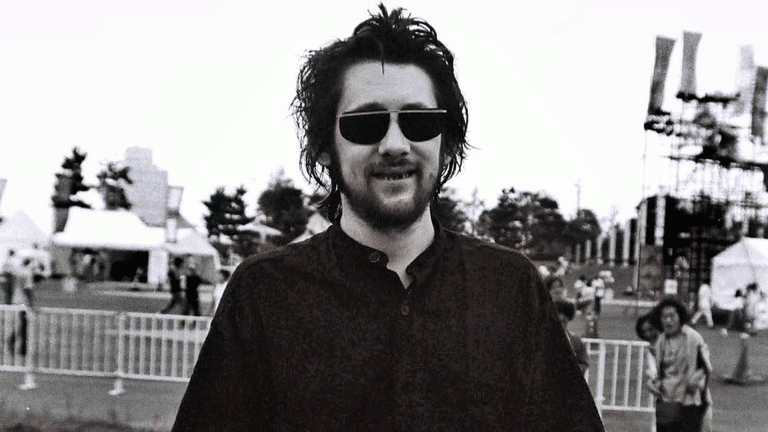The appeal of the remote is strong. Any time an island, or place lost in the middle of nowhere, seeks new caretakers, there is a story. The most recent is Great Blasket, an island round the bend from Dingle, a part of Kerry, floating free, resting in the North Atlantic. It’s uninhabited, has been since 1953, aside from a lot of seals and puffins.
But, from April to October, there are tourists, loads of them. They come to see the wildlife, on the land and in the sea. There are five holiday cottages and a coffee hatch, dispensing to those who make it to the island. This year, the coffee and the rest will be taken care of by Camille Rosenfeld and James Hayes, a newly married young couple. They’ll be living in that remote place, with no electricity, save for energy from batteries, water drawn from a spring, and nothing but wide-open sea between them and Newfoundland.
“We are just really comfortable being uncomfortable,” said Camille. Good job.
- What’s it like living in rural Scotland during the cost of living crisis?
- This tiny Greek island now has zero waste – leading the way for the rest of the world
- Elon Musk, this is how you could use your power for good
It’s appealing, though, isn’t it. That idea of turning the tap off from all the pressures that pile on and being free for a few months. And there is always SOMEWHERE with these caretaking needs. Toastie (the best dog in the world) would be right up for this, I thought. So, I had a look.
I looked first to St Helena – always fancied tramping Napoleon’s final fields. It meets the remote brief. It’s comfortably down in the South Atlantic 1,200 miles from Africa, 1,800 miles from South America. Even its neighbour, Ascension, is over 800 miles north. That’s quite a paddle.
St Helena has an immigration office. Part of its role is to bring St Helenian’s back to live and work. And also “protecting borders to ensure that the island is safe and secure”. I don’t know if there is a small boats issue hitting St Helena’s shores, but they’re ready, it seems. I couldn’t see a demand for anything I could do there, though. Besides, there’s a population of more than 4,000, so tramping barren, unpopulated bleak hillsides would be tricky.









